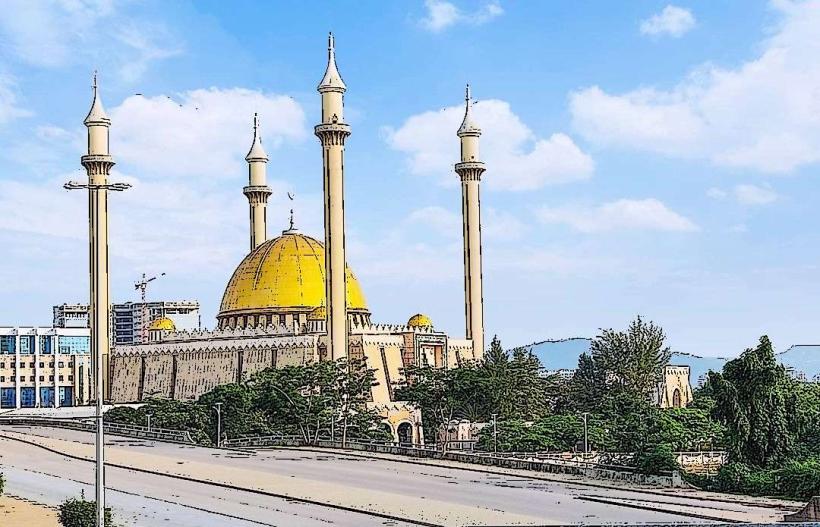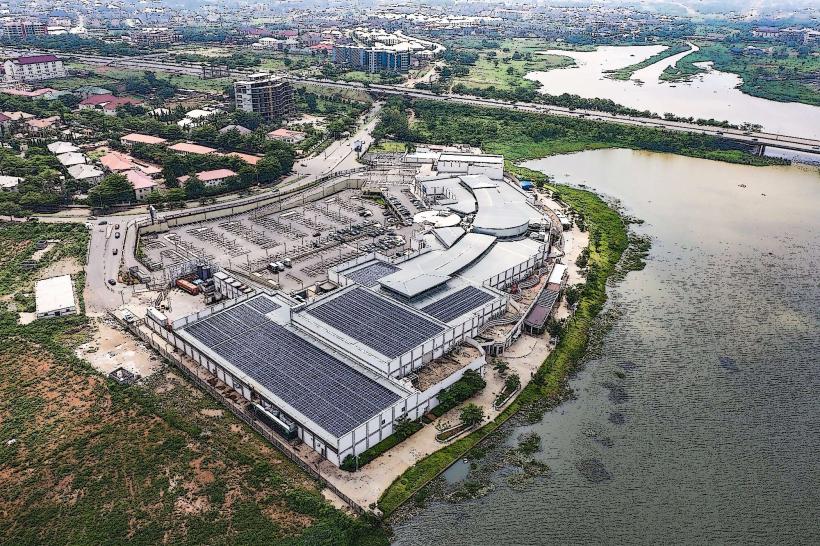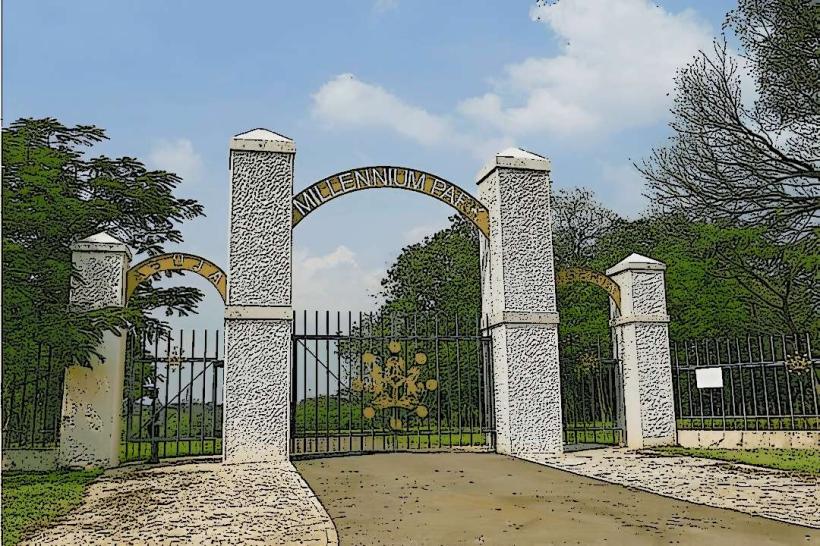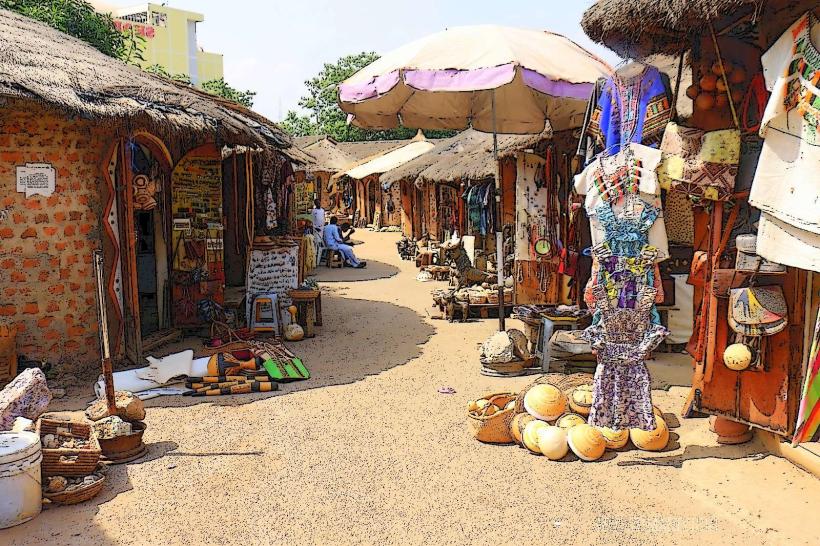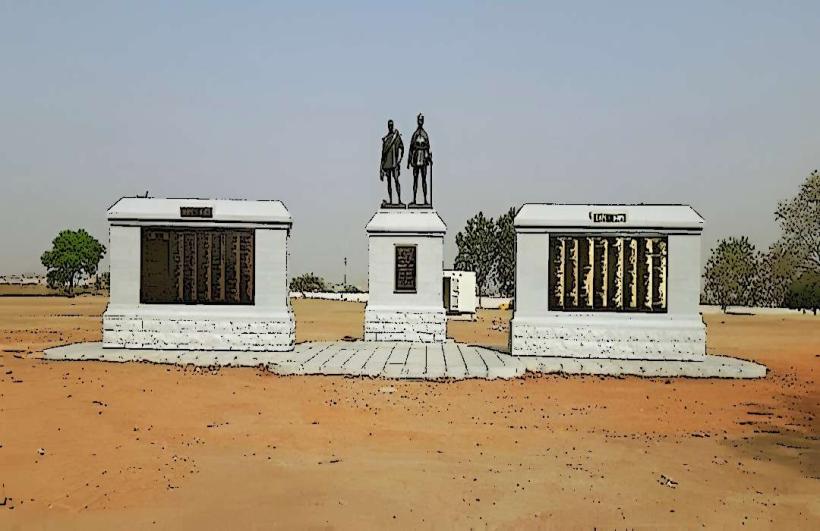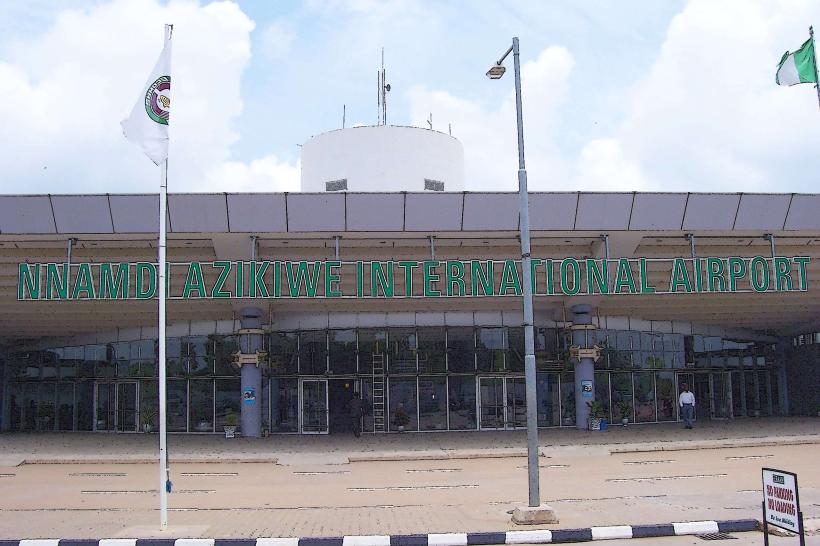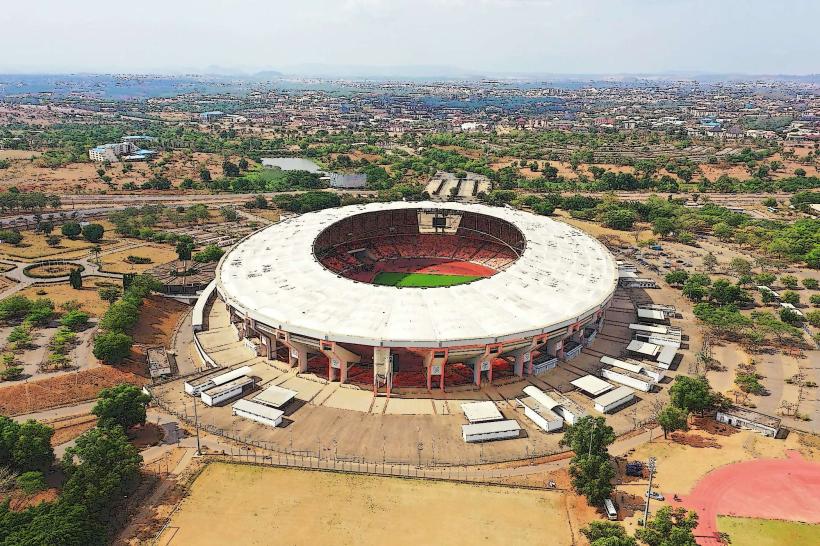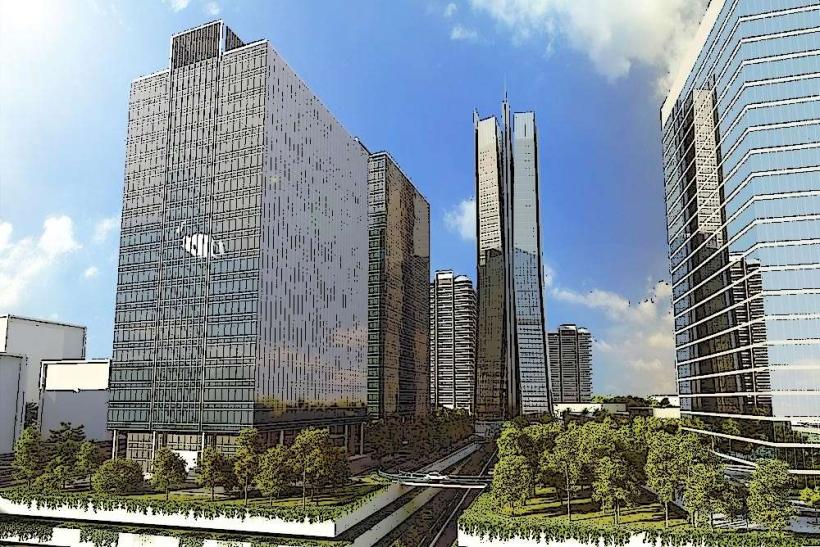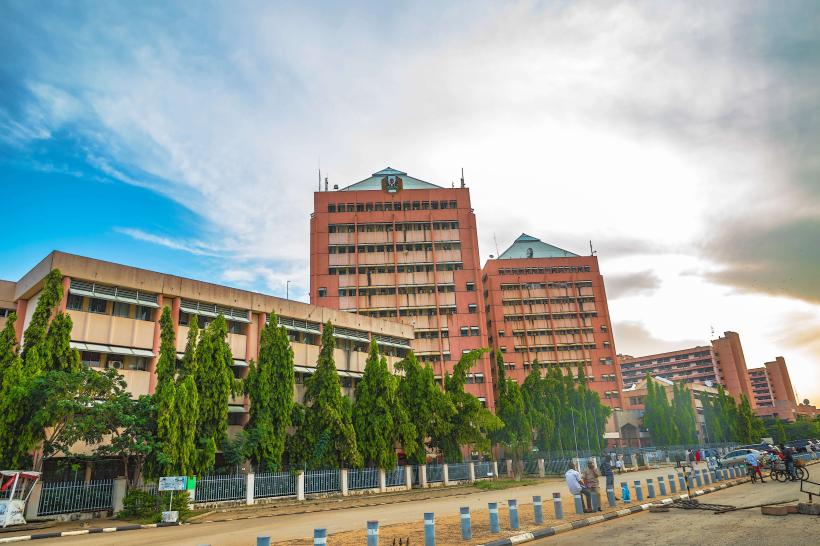Information
Landmark: National Christian CentreCity: Abuja
Country: Nigeria
Continent: Africa
National Christian Centre, Abuja, Nigeria, Africa
The National Christian Centre is a prominent and significant religious structure located in Abuja, Nigeria. It serves as a major place of worship for the Christian community in the country and symbolizes Nigeria’s commitment to religious diversity and tolerance. Below are the key details about the National Christian Centre:
1. Architectural Features
Design: The National Christian Centre is known for its modern and striking architectural design, which blends contemporary and traditional Nigerian elements. The building’s design emphasizes spaciousness and functionality, allowing for large congregational worship.
Main Structure: The Centre has a large central worship hall, with a high ceiling and intricate architectural details. Its design includes a large cross at the front and beautiful stained glass windows depicting Christian symbols and themes.
Capacity: The Centre can accommodate approximately 5,000 worshippers in its main hall, making it one of the largest churches in Nigeria. The spacious interior is designed for both congregational worship and various Christian events.
2. Location
Geographical Setting: Located in the capital city of Abuja, the National Christian Centre is situated near other significant national landmarks, such as the National Mosque and Aso Rock. The proximity of the Christian Centre and the National Mosque reflects Nigeria's religious diversity and harmony.
Coordinates: It is located at approximately 9.0625° N latitude and 7.4895° E longitude.
3. Historical Significance
Construction: The National Christian Centre was built to serve as the main place of worship for the Christian community in Nigeria’s capital. It was established in 2005 and was completed and inaugurated in 2010. The creation of the Centre was part of a broader initiative to create a space for Christian worship and activities in Abuja, reflecting the importance of Christianity in Nigeria’s national life.
Symbol of Unity: The National Christian Centre serves as a symbol of the Christian faith in Nigeria and the unity of the Christian community. It also represents the country's commitment to religious freedom and coexistence, sitting near the National Mosque.
4. Role in Nigerian Christianity
National Religious Activities: The Centre hosts a variety of important national Christian events, including special worship services, interdenominational meetings, and national celebrations like Christmas, Easter, and national prayers for peace and prosperity.
Leadership: The Centre is administered by a board of Christian leaders from across various denominations in Nigeria. It is also home to the Christian Association of Nigeria (CAN), the umbrella body for Christians in Nigeria.
Spiritual Importance: It is one of the key religious venues for Christian leaders in Nigeria and plays an important role in religious dialogue and the promotion of Christian values and unity in the country.
5. Interfaith and National Symbolism
Religious Harmony: The National Christian Centre, located close to the National Mosque, underscores the theme of religious harmony between the Christian and Muslim communities in Nigeria. This proximity emphasizes the need for interfaith dialogue and mutual respect between the two largest religions in the country.
Cultural Representation: The Centre is a significant cultural and spiritual institution, reflecting the role of Christianity in Nigeria’s history and development. It is a place where prominent political leaders, dignitaries, and religious leaders gather to pray and discuss national issues.
6. Educational and Social Roles
Community Engagement: The National Christian Centre is not just a place for religious services; it also hosts various social and educational programs. These include seminars, conferences, and community outreach initiatives aimed at improving social welfare and spiritual well-being.
Youth and Children’s Programs: The Centre runs programs that cater to different age groups, including youth and children’s activities, providing an environment for Christian education and spiritual growth.
7. Tourism and Visitors
Tourist Attraction: While primarily a place of worship, the National Christian Centre is open to visitors who are interested in exploring its architectural beauty and learning more about Nigeria’s Christian heritage. Tourists are generally welcome, but are expected to observe appropriate conduct and dress codes.
Cultural Heritage: As an architectural masterpiece and national symbol, the Centre is also an important aspect of Nigeria’s religious and cultural heritage. Its distinctive design and role in the Christian community make it an interesting point of interest for both locals and visitors alike.
8. Environmental Design
Landscaping and Grounds: The Centre is set within well-maintained grounds that offer an inviting atmosphere for reflection and spiritual engagement. The surrounding environment is serene, contributing to the peaceful atmosphere within the Centre.
Sustainability: The design of the National Christian Centre incorporates environmentally conscious features, making it a model for modern religious architecture in Nigeria. The structure is built to withstand Nigeria’s varying climate, ensuring it remains functional and comfortable for all visitors.
The National Christian Centre stands as a monumental representation of Nigeria’s Christian faith and its commitment to religious diversity. It serves not only as a place of worship but also as a national and cultural hub for Christians across the country. Its design and location reflect the values of unity, peace, and respect for diversity that are essential to the Nigerian identity.


